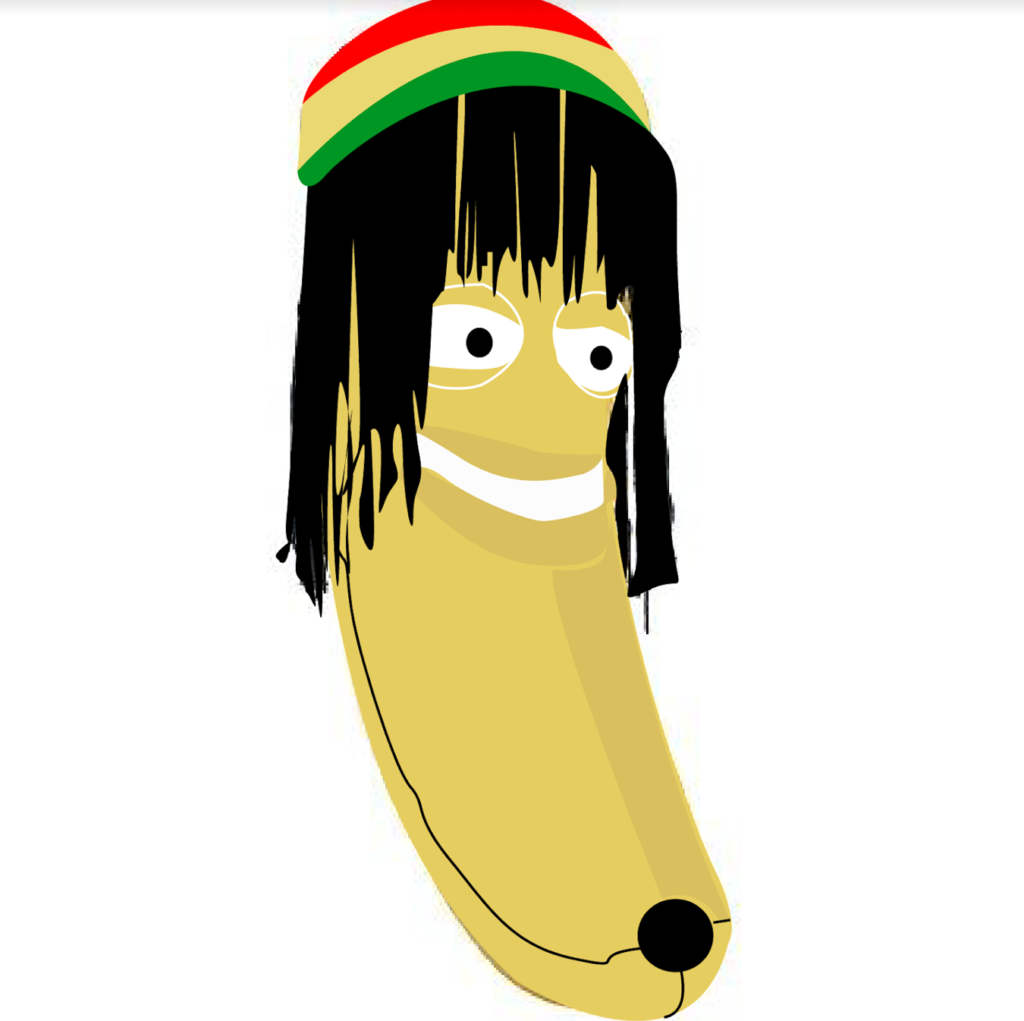It’s hard to imagine what my life would be like if I didn’t listen to music. I’ve listened to every possible genre, from rock to hip hop, jazz and even classical music; along the way I have found that I possess a diverse taste in music.
However, on a morning bagel drive, my friend started playing an unfamiliar sound on his speaker system. Looking down at the screen, Bob Marley, a name I had heard once or twice before, displayed as “Could You Be Loved” began to play.
The most jagged, twisty song I’d ever heard engulfed the car. It felt like I was listening to rock, jazz, hip-hop, soul and R&B at the same time.
After immediately liking the song on Spotify, a whole new genre of music entered my life, and I discovered my passion for not just Marley’s music, but for reggae in general.
Reggae’s history arguably revolves around Marley, a Rastafarian reggae artist who gained fame for his revolutionary, jagged and avant garde music. Jamaica became the cultural home of reggae and Rastafarianism, with the climate and culture becoming the embodiment of Rastafari culture. The islands would subsequently become a safeguard for Rastafarian tradition and diet, and would be a catalyst for the emergence of reggae, which held deep roots in Rastafari culture.
After enduring a battle with cancer, Marley’s untimely death in 1981 at the age of 36 was mourned by reggae listeners around the world. In the aftermath of his death, other symbols of reggae such as Peter Tosh and UB40 emerged, and continued to grow the genre.
I discovered a wide array of artists while making a reggae playlist, and I found myself listening to songs of this genre whenever I could. Before I knew it, friends of mine had similarly incorporated reggae into their lifestyles, as the genre has songs for nearly every situation or mood imaginable.
Need to feel hyped? “Could You Be Loved,” by Bob Marley.
Need to focus? “Jamming,” also by Bob Marley.
Need to feel laid back? “Legalize It,” from Peter Tosh.
Other unorthodox songs with deep reggae roots such as “Bam Bam” by Sister Nancy soon crept into my radar. While it was hard for me to understand anything Sister Nancy sings in the song, its laid back, simplistic nature offered a different style of reggae.
Do other genres lie ahead for me? Probably so. But whatever genre I delve into next, there’s no guarantee that I’ll be able to appreciate it as much as I have with “Roots, Rock and Reggae.”






























